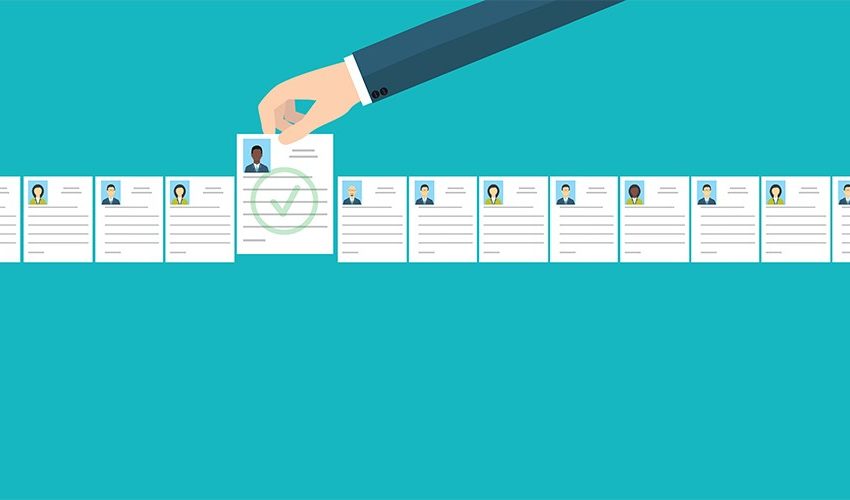CV – Anachronism or Effective Motivation Tool?


According to the Czech Statistical Office, the unemployment rate of 15-64 year olds (the ratio between the unemployed and the economically active, i.e. the sum of the employed and the unemployed) ridden of seasonal effects reached 1.9% in November last year. Thus, I wonder how much the HR managers’ approach to staff selection changed as a result of these extremely low unemployment figures. In particular – whether the level of the candidate’s duties during the selection procedure has changed. To be even more specific, what I actually have in mind is sending that magical CV or a professional ID of the individual. Is sending the CV to the company prior to the interview still a necessity, or do we prioritize references these days?
I’m now going to attempt to describe a wider context of the term “Curriculum Vitae”. Creating your CV primarily means thinking over and evaluating your work and its results to date. It means stepping aside and looking at your academic or professional career from a certain distance. In other words, once I decide to create my CV, I am critically evaluating my current work. The content and, above all, the form of the Curriculum describe not only the individual’s personal history, but also his / her personality and the motivation to get another job. Then, when one analyses a CV, it can be read between the lines. When the document is too content-rich, let’s say – it might indicate the candidate’s inability to highlight the key facts of their current practice. If we decide to go even deeper, we may also believe that they do not know about the company they are sending their CV to, as they overwhelm the assessor with information that is totally irrelevant. On the other hand, a person who does not at all describe his/her activities at given positions, might consider themselves a very average employee, since they probably did only what was required and what they were familiar with.
Clear structure, well-arranged formatting, nice graphics, specific numbers and percentage goals, as well as highlighting one’s strengths or a short introduction – these are, on the other hand, attributes that show that we are looking at a CV of someone who can think clearly about what they have achieved and potentially want to achieve further in their career.
Even if the candidate is addressed by the company directly, should they still prepare their CV? Or is it perhaps considered unnecessary red tape these days, as the candidate has not updated their CV for some time now, and we know why we want them and what their qualities are? Is it an obligation to send a clear and updated CV for everyone who wants to apply for a position?
From a certain point of view, when it comes to self-presentation, Linkedin has helped. Despite its undeniable benefits, however, we cannot take it 100% seriously and confuse it with a relevant CV. This is simply because we have to take into account the privacy of users and sensitive information that some people do not want to share publicly with tens of thousands of people on their network. Conversely, we do not have to require a CV from a candidate whose Linkedin profile is highly elaborated and clearly states that there is no missing information.
Creating a CV is a question of self-reflection. It is a time when I can think about what I do and potentially want to do in the future. It also represents a process where one thinks about how s/he wants to be perceived by employers. And last but not least, creating and sending a CV is a sign of motivation to make a change in your professional life. That is why, in my opinion, the CV is still of prime importance.
